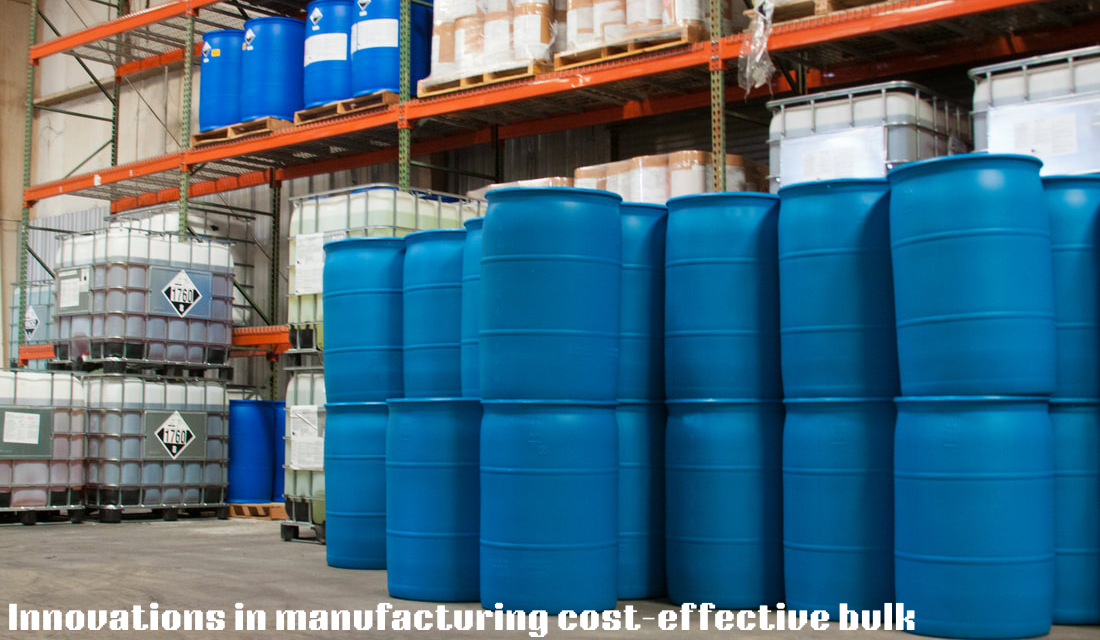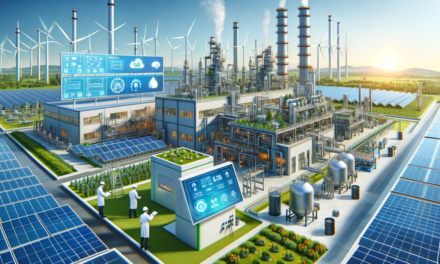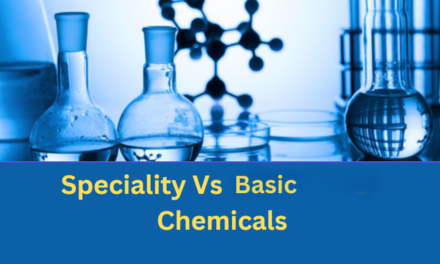Innovations in manufacturing cost-effective bulk chemicals focus on improving efficiency, reducing energy use, and utilizing alternative feedstocks. Here are some key advancements:
- Catalyst Optimization
- Development of more efficient and selective catalysts to accelerate chemical reactions, reduce waste, and minimize energy consumption.
- Process Intensification
- Compact and integrated manufacturing systems that enhance production rates and reduce operational costs.
- Waste Recycling and Byproduct Utilization
- Techniques to recycle industrial byproducts and transform waste into valuable raw materials.
- Biochemical Processes
- Use of microorganisms and enzymes for sustainable chemical production, reducing reliance on fossil fuels.
- Energy Efficiency Improvements
- Adoption of heat integration and advanced energy recovery systems to lower energy usage in production plants.
- Modular Manufacturing Units
- Smaller, portable plants that allow flexible production near the point of demand, reducing transportation and scale-up costs.
- Feedstock Diversification
- Utilization of renewable feedstocks such as biomass and CO2 capture technologies to replace traditional fossil fuels.
- Digital and AI-Driven Optimization
- Use of AI, machine learning, and IoT to optimize production parameters, minimize downtime, and enhance predictive maintenance.
- Advanced Separation Technologies
- Innovations like membrane separation and simulated moving bed chromatography for more efficient product purification.
- Electrochemical Manufacturing
- Leveraging electricity for chemical synthesis, especially in regions with abundant renewable energy sources.










